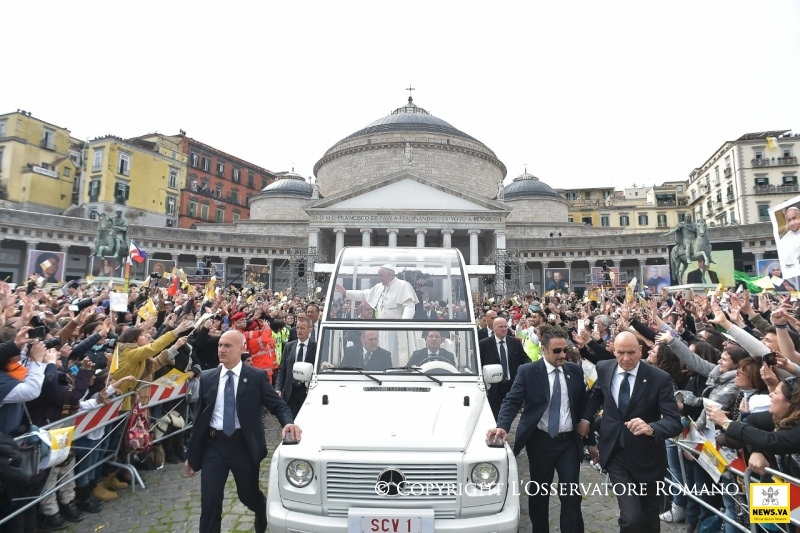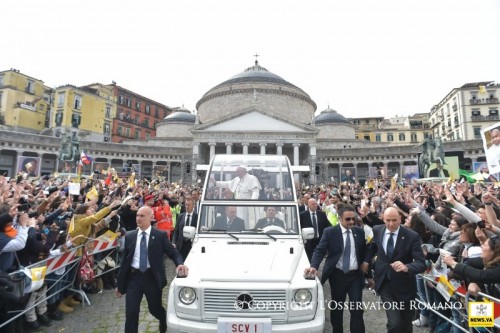23rd March 2015
"Corruption stinks!"


Pope Francis is a powerful campaigner against corruption; the exploitation by the powerful of the vulnerable, the poor and the weak. He returned to this theme again on his recent visit to Naples, a city blighted by the corrupting influence of organised crime. “Corruption stinks”, he said, “corrupt society stinks and a Christian who lets corruption into his soul is no Christian”. He was also clear that it is up to all of us to tackle it, from the lowest to the highest level, to “continue cleansing society”.
This is a message the Pope is likely to take to the United Nations this September, when he addresses the UN General Assembly. That month, UN Member States will be putting the final touches to the post-2015 international development agenda, the successor to the Millennium Goals. For the UN Secretary General, the six key elements on which we need to focus are: dignity, people, prosperity, planet, justice and partnership. Each element is essential, but it is interesting that the Pope in a number of recent public interventions has placed such emphasis on justice and dignity, the essence of good governance. Without it, he is saying, development is undermined – it is difficult even to get to first base.
The UK shares Pope Francis’s concern. Just last week, we launched a Good Governance Fund for Eastern European partners to help them strengthen their democratic institutions in response to pressures from within and without. And in the post-2015 negotiations, we have sought to bring attention to the issue. It will be important to see the post 2015 goals reflecting the reality that good governance must be a vital platform for authentic development. While corruption and bad governance undermine development, good governance is a key enabler of it. And it starts from the bottom up, in the Pope’s words: “a service to people, which is first exercised at the local level”.